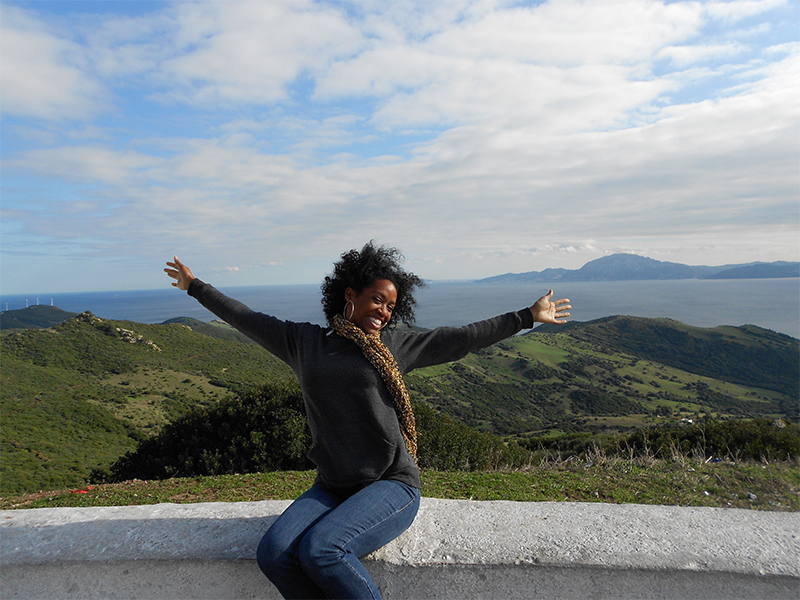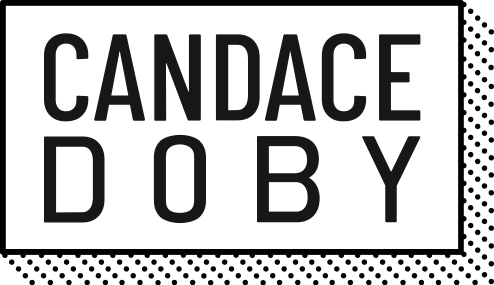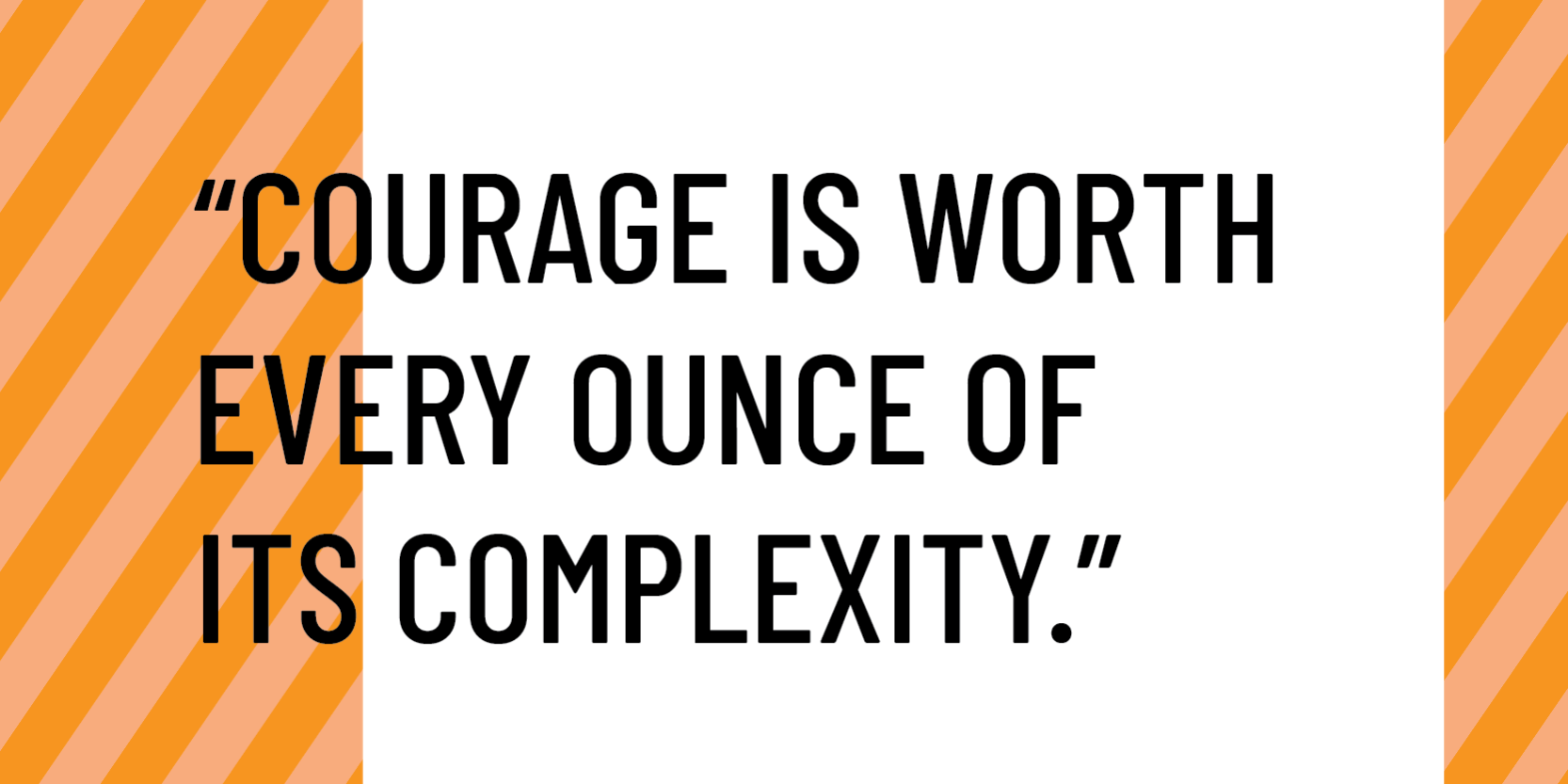
What had a year’s worth of inquisitiveness about courage amounted to? That’s the question I reflected on a few days before the end of 2016. I had a virtual pile of notes about its nature, variables, development and application, and sifting back through it reminded me about the virtue’s complexity and power.
Courage has been discussed, debated and researched for over 2,000 years, yet it doesn’t have a universally accepted definition despite it being universally admired. Summoning the virtue can also be a bit of a puzzle, requiring many of its pieces to fall perfectly into place. One of those pieces is context. If the stimuli of a situation misalign with a person’s internal resources, courage won’t surface. It’s the reason why a person may be able to relocate from one city to the next but not be able to stand up for herself to a challenging manager. Another piece is centeredness. There’s a thin line between courage and stupidity, so mindful deliberation is needed to appropriately judge the fear and risk of action. Purpose is also an important part. The worthiness of a goal can determine intensity of motivation. A weak goal begets weak courage.
Thinking about these puzzle pieces (and dozens more like them) in the context of a new year with new possibilities provoked a pointed question in my brain about the necessity of courage in creating a new … self.
[gdlr_heading tag=”h2″ size=”20px” color=”#d85c1e” ]Do you have the courage to make of yourself what you want to be in 2017?[/gdlr_heading]
This was actually about a dozen questions masked as one because the self is no simple construct.
Do you have the courage to shift your thinking?
Do you have the courage to say yes or no?
Do you have the courage to abandon anything outside the realm of your moral purpose?
Do you have the courage to affirm yourself?
Do you have the courage to unlearn?
Do you have the courage to resist conformity?
Do you have the courage to make your own decisions?
Do you have the courage to act according to your true nature?
Do you have the courage to invite and welcome discomfort?
The stream of thoughts that followed this stream of questioning settled on the recognition that courage is worth every ounce of its complexity, every piece of its puzzle, because it is the single most virtue that facilitates the creation of you into whatever you desire. Let’s be honest. Creating (or uncovering) yourself is hard. Really hard. It requires navigating through convention, peeling back layers of socialization, releasing expectations and being comfortable inside of discomfort.
How do you know if you have the courage to do all of that? You don’t—until you try. Some of the puzzle pieces I discovered about courage, though, reveal that it strengthens through openness, or being open to new experiences. It also develops through self-confidence—the assurance in your internal resources that you can do what is best in difficult circumstances. Actually, self-confidence has been recognized as the primary variable determining how a person will respond to fear. Another puzzle piece showed that courage gains power through commitment because commitment gives a sense of control, and control manages fear. And not surprisingly, courage is guided and upgraded by wisdom, which helps courage listen to reason and carry out the intentions of the mind.
Focusing on these pieces can help create a wider channel for courage to help you make unpopular decisions, side with yourself, and move you beyond the bounds of comfort in 2017.
Courage is powerful. That’s what my inquisitiveness into the virtue revealed. If you’re into fresh beginnings and annual resets like me, the New Year presents an incredible opportunity to think about what you want to make of yourself in the next 12 months. Whatever you come up, you’ll need courage to help you get there.







